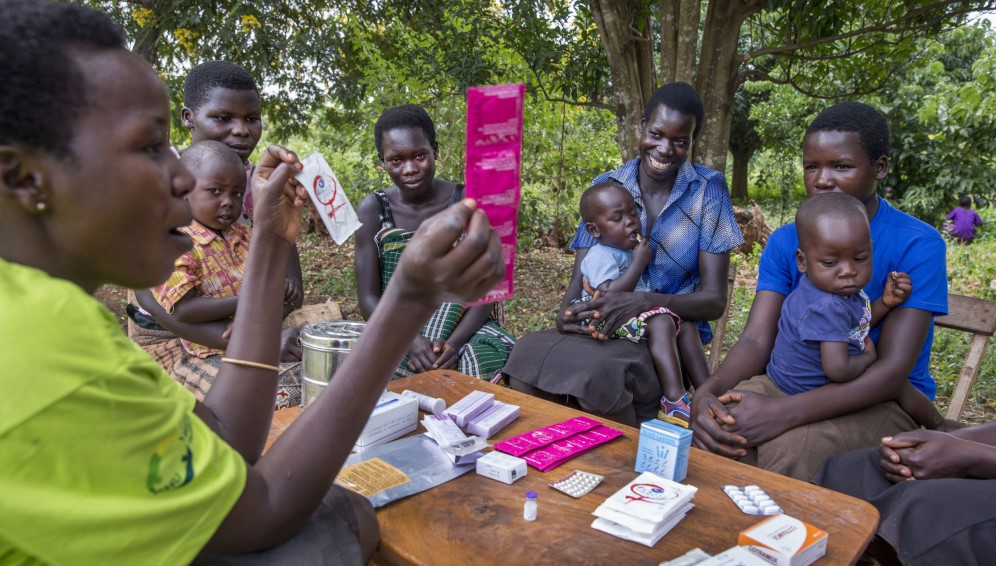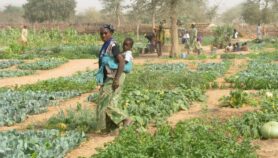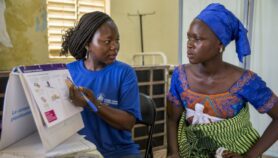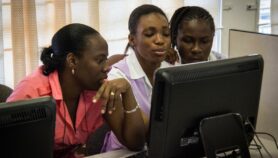By: Royal Uche
Send to a friend
The details you provide on this page will not be used to send unsolicited email, and will not be sold to a 3rd party. See privacy policy.
[LAGOS] The ultimate goal of family planning is to ensure that women everywhere have the freedom and ability to lead healthy lives, and make their own informed decisions about contraception, and whether or when to have children.
But that idea is being threatened as women and girls continue to suffer the worst impacts of COVID-19. For example, COVID-19 led to up to 1.4 million unintended pregnancies last year because of the difficulty of about 12 million women in 115 low- and middle-income countries accessing family planning services, according to a study by the United Nations Population Fund (UNFPA).
Against this backdrop, the United Nations Foundation’s Family Planning 2030 (FP2030) held a virtual meeting last month (28 July) to highlight new goals for the family planning community and galvanise action towards global access to lifesaving and life-changing modern contraception for the next decade.
“We know that these shared commitments will lead us towards our shared vision for the future.”
Martyn Smith, FP2030
Chris Elias, president of the global development division of the Bill & Melinda Gates Foundation, said that for the next ten years, FP2030 will hold decision-makers accountable and mobilise a community focused on building a gender-equal world where women and girls have access to the quality care they need to plan their future.
One of the commitments that excite me is the fact that the FP2030 secretariat will no longer be in Washington DC in the United States but will have two hubs located in Africa, one hub in Asia, one hub in Latin America and one hub in North America or Europe and a network of champions to support their work.
Mariama Abdou Gado, the vice-chair of the FP2030 Transition Oversight Group, said that under this new structure, the countries will be in control, allowing regional leaders and policymakers to better use the power of the FP2030 partnership and global support network.
According to Gado, it is a way of levelling the playing field and making sure that countries and local organisations are leading the way.
During the meeting, MSI Reproductive Choices (MSI) committed to achieving its ultimate broad goal of improving access to family planning information, services and supplies especially for women and girls in the world’s poorest countries.
MSI said that they will be working towards ending unsafe abortions in African countries including Burkina Faso, DR Congo, Ethiopia, Ghana, Kenya, Madagascar, Malawi, Mali, Niger, Nigeria, Senegal, Sierra Leone, South Africa, Tanzania, Uganda, Zambia, Zimbabwe.
Organisations including the Burundi Association for Reproductive and Family Health, FHI360, and the International Confederation of Midwives also made commitments aimed at reducing child marriage, increasing sexual and reproductive health education for adolescents, and expanding contraceptive options as well as the number of trained family planning care providers.
I believe these commitments are in the right direction for ensuring that women and girls, especially those in low- and middle-income countries, have the freedom and ability to lead healthy lives. But governments must step in if the targets are to be achieved.
Martyn Smith, interim executive director of FP2030, said: “We know that these shared commitments will lead us towards our shared vision for the future. However, we are looking forward to receiving more commitments from governments and other stakeholders in the months to come.”This piece was produced by SciDev.Net’s Sub-Saharan Africa English desk.














